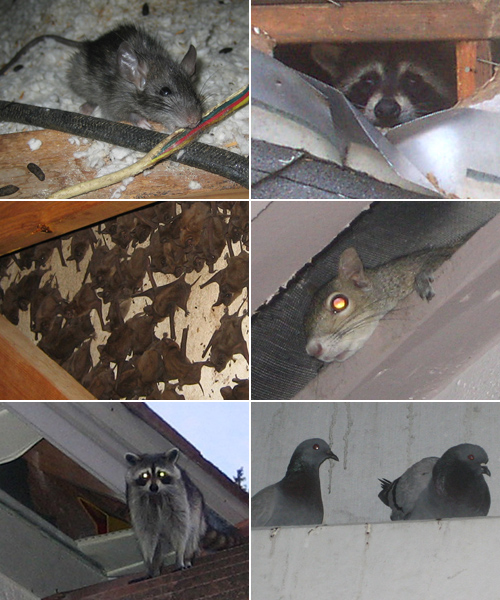If the mice find their way to the rest of the house they are capable of contaminating human food sources.
Mouse in attic at night.
You ve got better things to do 4 look for chew marks footprints.
A mouse infestation even one isolated in your attic must be dealt with immediately.
Noises in the attic noises in the attic are worrying and can be an indication that rodents or other wildlife may be living in your roof.
Leave a small recording device running at night to avoid having to stay up late on a mice recon mission.
Unless you are always on the lookout for rats in the attic the first signs you are likely to notice are the rat droppings and the scurrying noises at night.
You can use a blacklight to see the mouse urine at night which can help you find popular entry points.
But one night you might hear something that is unfamiliar.
Pay close attention to any noises that you might hear coming from your attic at night time because this is when mice are looking for food and building up their nests.
Many homeowners with a mouse infestation will hear them chewing on wood and other materials in the walls and attic.
When you hear noises in your attic at night it can be very concerning especially if you have young children.
These mice retreated to the safety of the walls in the day and came out to party at night.
That s when they come out looking for food materials to build their nests and new water sources.
Mouse noises in the attic almost everyone has micein their attic and at some time will hear mouse noises in the attic.
Attics lofts are ideal environments for squirrels and rodents who damage stored items by gnawing and possibly cause fire hazards by chewing electric cabling.
Before you know it you will have mice in your attic and you will be lying awake at night wondering if the mice will get into your bed.
Banging on the wall or ceiling might quiet them down temporarily but they tend to start back up in the location minutes later.
Check your attic for trails in the insulation.
Once inside a mouse can scurry though any part of the architecture the walls the ceiling and get into the attic where they like to live and nest.
The most common noise mice make in the attic is a very light scratching noise.
The problem identifying what may be causing this scratching noise is that it happens mostly in the night when the whole house is very quiet.
Seal up all of these entry holes using steel which mice can t chew through.
Even if the mice remain in the attic their fecal matter can get into ventilation systems and possibly spread diseases.
If you want to know how to track where mice are entering your house check around your home for any cable holes that are no longer needed.

